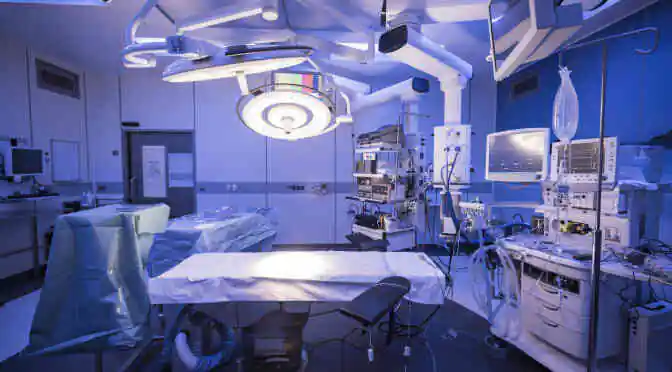According to a Center for Diease Control fact sheet, one in every 10 individuals in the US is affected by depression.
Depression is debilitating, but the way we think about and understand depression is changing for the better. Where it was once thought to simply be a chemical imbalance in the brain, now doctors and patients alike are looking at depression in a more holistic way.
It’s not just chemicals—lifestyle factors, genetics, and underlying medical issues can all affect depression.
And while antidepressants are still a considered a good treatment option for clinical depression, this holistic view means they aren’t the only option, which is causing the global depression drugs market to decline at a -6.64% CAGR from 2014-2019.
Side effects & alternative treatments are edging-out traditional depression drugs
Antidepressants can have some nasty side effects that range from fatigue and drowsiness, to insomnia, dizziness, and agitation, which has become a big factor driving potential patients towards alternative treatments.
These alternatives can be used alone or in tandem with conventional treatments, and run the gamut from relaxation therapy, massage and medication, to counseling and art therapy. Homeopathic and naturopathic medicines have also gained popularity, which is good news for patients looking for a more natural treatment approach.
Growing public awareness
While the newfound reliance on alternative treatments is expected to significantly erode the market share of antidepressants, growing public awareness and a promising drug pipeline mean even more options are on the horizon for people suffering from depression.
According to Technavio analysts, the drug pipeline for antidepressants currently has several promising candidates in the developmental stage. These early-stage pipeline drugs mostly include monoamine reuptake inhibitors, and common approaches to the treatment of depression include glutamate and neuropeptide receptor modulation. AZD6765 by AstraZeneca, which is an N-methyl-D-aspartate receptor antagonist for major depressive disorders, is currently in Phase II of development and demonstrates immense potential for treatment. F. Hoffmann-La Roche’s drug pipeline for depression is strong because of the use of drug molecules such as RG1578 and RG7090. ALKS5461 by Alkermes is a fixed combination of buprenorphine and samidorphan developed to counter treatment-resistant major depressive disorder. The drug significantly reduces depressive symptoms, and Alkermes has initiated pivotal Phase III trials for it.
For more information on the global depression drugs market, view Technavio’s new report.



